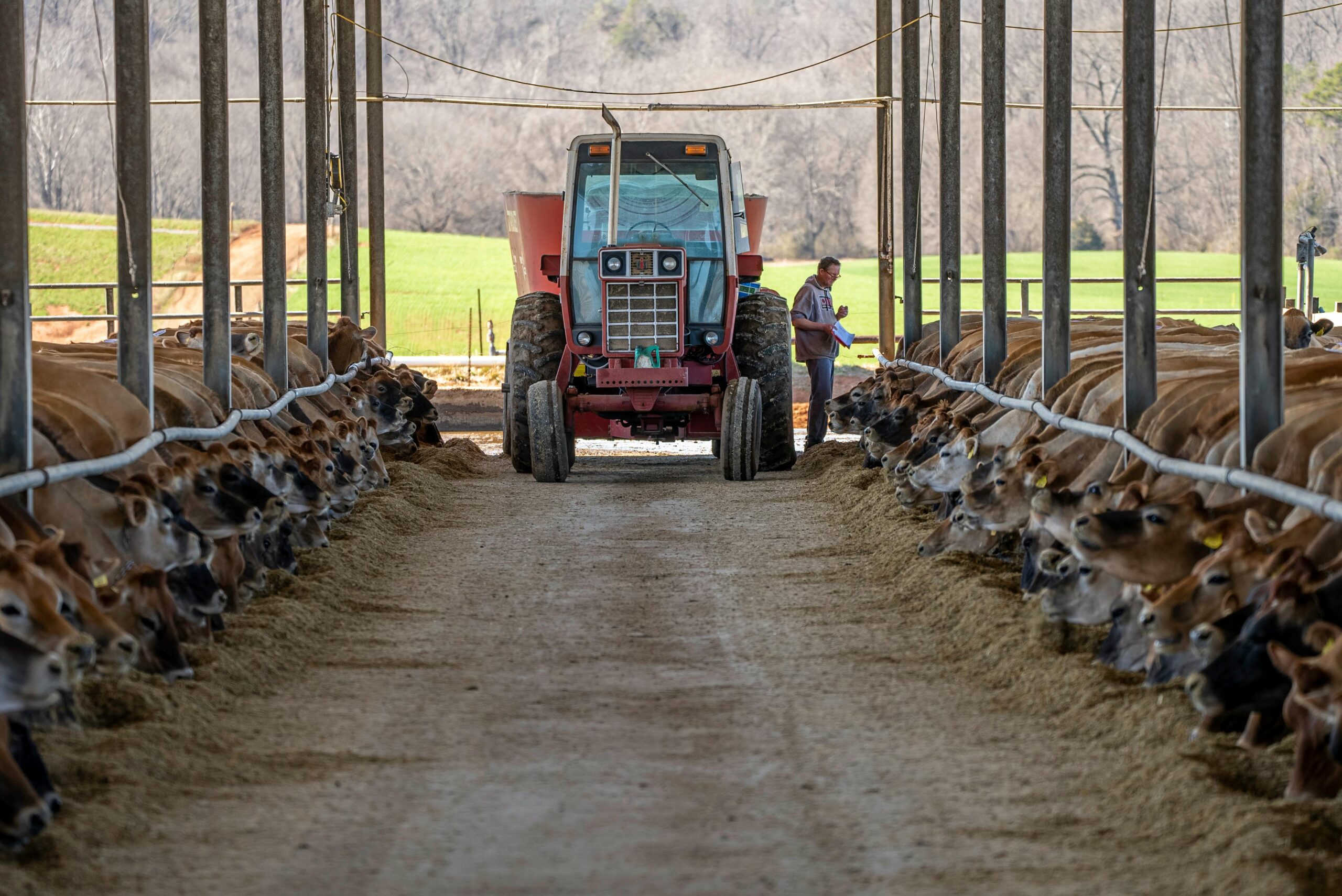In the field of animal nutrition, the right balance of nutrients is crucial for the health, growth, and productivity of livestock. While the primary focus often falls on essential nutrients like proteins, carbohydrates, fats, vitamins, and minerals, feed additives play a significant role in enhancing the overall effectiveness of animal diets. These additives, though used in smaller quantities, can have a profound impact on the health and performance of animals.
What Are Feed Additives?
Feed additives are non-nutritive substances added to animal feed to improve the quality of the feed and the health of the animals, or to enhance the animals’ performance. They come in various forms and serve different purposes, depending on the needs of the animals and the goals of the farm or feed manufacturer.
Types of Feed Additives and Their Roles
- Zootechnical Additives:
- Purpose: These additives are designed to improve the digestibility of feed and the efficiency of nutrient utilization.
- Examples: Enzymes like phytase that help break down phytic acid in grains, making phosphorus more available to the animal; probiotics that promote a healthy gut microbiome, leading to better digestion and absorption of nutrients.
- Nutritional Additives:
- Purpose: These additives supplement the animal’s diet with essential nutrients that may be lacking in the primary feed ingredients.
- Examples: Vitamins, minerals, amino acids, and fatty acids that are added to ensure the animals receive all the necessary nutrients for growth, reproduction, and overall health.
- Technological Additives:
- Purpose: These additives help maintain the quality and stability of the feed during processing, storage, and feeding.
- Examples: Antioxidants that prevent the oxidation of fats, preservatives that extend the shelf life of feed, and binders that improve the pellet quality.
- Sensory Additives:
- Purpose: These additives improve the palatability of the feed, encouraging better feed intake.
- Examples: Flavor enhancers and sweeteners that make the feed more appealing to animals, particularly young or picky eaters.
- Coccidiostats and Histomonostats:
- Purpose: Used primarily in poultry and some other animals, these additives help prevent and control coccidiosis and histomoniasis, common parasitic diseases that can cause significant health issues.
- Examples: Ionophores like monensin and lasalocid are commonly used to prevent coccidiosis in poultry.
- Antibiotic Growth Promoters (AGPs):
- Purpose: Though increasingly restricted or banned in many parts of the world, AGPs have traditionally been used to improve growth rates and feed efficiency by modifying gut flora.
- Examples: Bacitracin, tylosin, and avilamycin were commonly used AGPs in the past, though alternatives are now being explored due to concerns over antibiotic resistance.
The Benefits of Using Feed Additives
1. Improved Animal Health:
- Feed additives like probiotics, prebiotics, and enzymes can enhance gut health, leading to better nutrient absorption and reduced risk of digestive disorders.
2. Enhanced Growth and Productivity:
- Nutritional additives ensure that animals receive all the necessary nutrients, leading to improved growth rates, better feed conversion ratios, and higher production outputs.
3. Disease Prevention and Management:
- Additives like coccidiostats and histomonostats help prevent common diseases, reducing the need for therapeutic treatments and improving overall herd or flock health.
4. Feed Efficiency and Cost-Effectiveness:
- By improving the digestibility and nutrient availability of feed, additives can help reduce feed costs while maintaining or improving animal performance.
5. Environmental Impact:
- Additives that improve nutrient utilization can help reduce waste excretion, leading to lower environmental impact from farming operations.
Challenges and Considerations
While feed additives offer numerous benefits, it’s essential to use them correctly. Overuse or misuse can lead to issues such as nutrient imbalances, residue concerns in animal products, or even the development of resistance in the case of antimicrobial additives. Therefore, it’s crucial to follow recommended guidelines and consult with nutrition experts when incorporating additives into animal diets.
Conclusion
Feed additives play a vital role in modern animal nutrition, offering a range of benefits that can lead to healthier, more productive livestock. Whether you’re looking to enhance growth, improve feed efficiency, or ensure optimal animal health, understanding and utilizing the right additives can make all the difference in achieving your farming goals.
Explore FeedMaterials.com to discover a wide range of feed additives and learn more about how they can contribute to the success of your animal nutrition program.


Leave a Reply